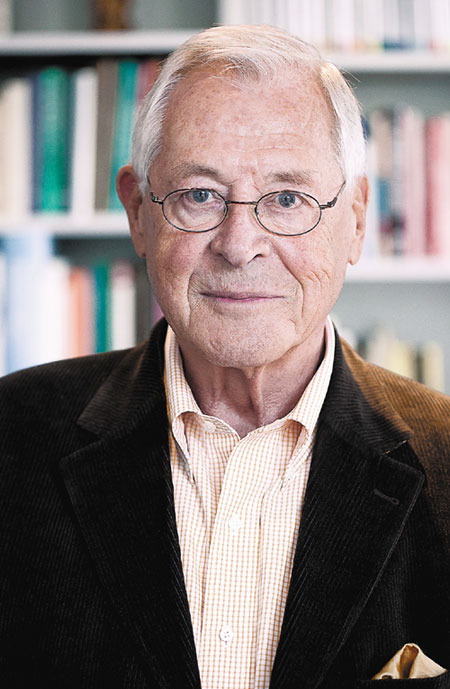Decades of perspective
Updated: 2014-10-22 07:20
By Liu Wei(China Daily)
|
||||||||
A veteran German publisher shares his enthusiasm for China and his encounters with Deng Xiaoping, Liu Wei reports.
'I am the oldest piece of furniture in this building," says Theo Sommer, publisher and editor-at-large of Die Zeit, one of Germany's most respected newspapers. Die Zeit means "The Time".
The 84-year old smiles and points to the ceiling of his office in central Hamburg: "Mr Schmidt upstairs is even older. He is 96."
Sommer is in fact referring to former German chancellor Helmut Schmidt, who is the co-publisher of Die Zeit.
The two became close in 1983, when Sommer was editor-in-chief, and they still share a passion for international strategy, especially involving China.
He accompanied Schmidt when the former chancellor visited China in 1975, when he met Deng Xiaoping, the first of three meetings between the two statesmen.
"He was a short man, full of energy, who used the spittoon very generously, but he never missed it," he recalls of that meeting with the former Chinese leader, three years before Deng initiated the country's historic reform and opening-up.
Schmidt and Deng were both heavy smokers and the chancellor had one of the German delegates use a lighter to light Deng's cigarette.
"He joked how it was such a modern instrument. He said China didn't have them and was very backward, but he added China would learn from foreign countries," Sommer says of Deng.
Their second meeting in late 1978 was after Deng had just emerged as the country's leader, after disputes within the Communist Party of China. He remembers Deng making a rather blunt comment that he hated people who were reluctant to take a firm position.
"He thought too many people talked a lot, but were not acting to reform the country," Sommer says. "They just kept repeating old Marxism, not really doing anything.
"Deng, however, was a pragmatist who always got things done."
Sommer offers a strong comparison between Deng and Mao Zedong; one changed the country while the other liberated the people.
"Deng changed China. It is now probably the biggest economic power and exporting nation. It is back to where it was around 1820, the largest economy in the world."
Sommer says he was able to witness the changes in China for himself.
In 1975 everyone wore gray or blue Mao suits. Girls hid colorful silk blouses underneath, but outside everything was gray, he says.
One day outside his hotel, Sommer met an elderly man who spoke English, "but he could not find anyone else to talk with", he says.
But in his next visit to China, he found even taxi drivers were learning English.
"Deng pulled the country out of the Middle Ages. I still remember 1979, when I drove across the countryside, people were still using plows. I don't think I saw one tractor.
"When journalists asked Deng how China would look after his plans come to fruition, he said, 'Let's wait for 10 or 20 years'. He then predicted that by 2010 China would be in 'the top group of nations economically'."
When Sommer met Deng for the last time, in 1979, he says Deng was less excitable, and even talking about himself being an old man.
"He said he would soon be meeting Karl Marx. I knew it was his way of talking about death."
Deng went on to live until 1997 and his legacy is, of course, still much talked about today, 100 years after his birth. China's economic reforms, meanwhile, continue to deepen.
"They are really fighting corruption in a big way. From what I can see and hear, they aren't excluding anyone, whether in the military, the Party or in business.
"It is a tough job, because I am quite sure in 5,000 years of history there has never been such a big leap in such short a time.
"But it is not China which is doing this. It is in the human character that when something happens in such a short time there are so many opportunities to make money quickly, in ways that are not quite legal."
But China still has to deal with some social issues, two of which are shared by Germany.
"The growing inequality between those people who work with their hands and brains, and those who just make their money work, could become dangerous for the Party," he says, "but that is one of the reasons the Party is trying to fight corruption, because corruption increases that."
Another danger is its aging population - "and you get old before you get rich".
But what Deng told him all those years ago about China's future applies to his own predictions today, he says.
"Let's wait for another 20 years and see," he says.
He shares a German phrase of advice with the Chinese people: "Go easy with the young horses," he says. "Don't rush in or scare them."
Contact the writer at liuw@chinadaily.com.cn
BOOKS BY THEO SOMMER
Our Schmidt: The Statesman and Publicist (2010): The biography of former German chancellor Helmut Schmidt.
Die Zeit: The Time Story of a Weekly Newspaper, from 1946-2006 (co-written by Karl-Heinz Janssen, Haug von Kuenheim and Theo Sommer in 2006): The story of one of the most widely read and respected newspapers in Germany.
1945: The Biography of a Year (2005): The world in 1945 as Sommer looks back on it.
Phoenix Europe. The European Union: Its Progress, Problems and Prospects (2000): Sommer's take on the EU.
The Chinese Card (1979): Observations on China's commencement of reform and opening-up.
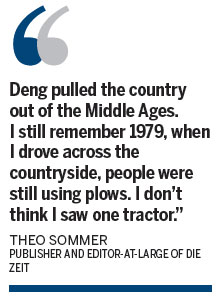
|
Theo Summer, publisher and editor-at-large of German newspaper Die Zeit, met Deng Xiaoping three times from 1975 to 1979. Jessica Broscheit / China Daily |
(China Daily 10/22/2014 page22)
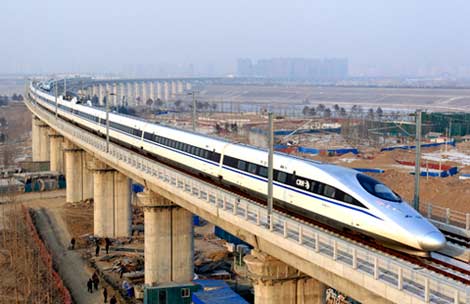
 Chinese may go after California high-speed rail project
Chinese may go after California high-speed rail project
 US-China solar pact holds big potential: Analyst
US-China solar pact holds big potential: Analyst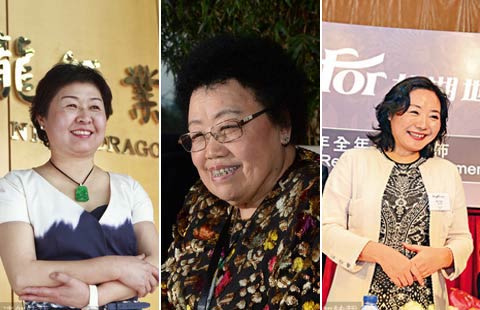
 Top 10 richest women in China
Top 10 richest women in China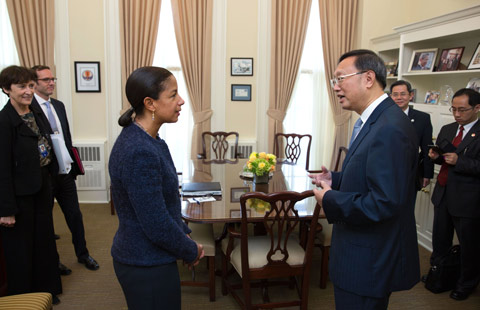
 Yang Jiechi meets with US National Security Advisor
Yang Jiechi meets with US National Security Advisor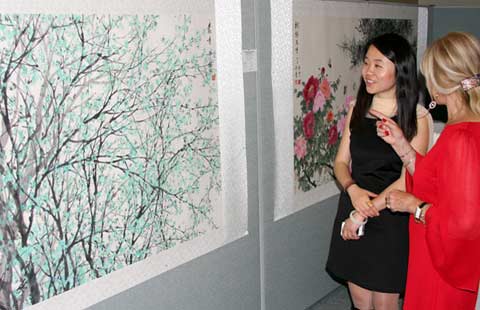
 Chinese power couple's art on display at UN
Chinese power couple's art on display at UN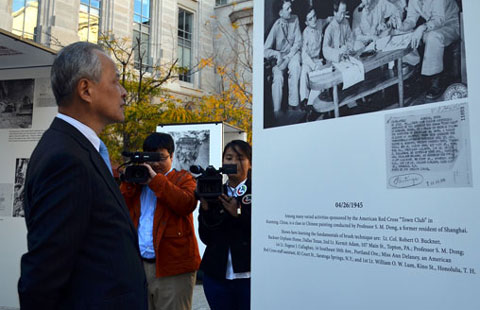
 Cui Tiankai visits exhibition on WWII
Cui Tiankai visits exhibition on WWII
 The capital's biggest pizza party
The capital's biggest pizza party
 Lenses on wedding: From me to us
Lenses on wedding: From me to us
Most Viewed
Editor's Picks

|

|

|

|

|

|
Today's Top News
Chinese may go after California high-speed rail project
US-China solar pact holds big potential
Li upbeat despite economic slowdown
Students warned of online encounters
China to fund non-profit art performance
US, China co-op to train future Afghani diplomats
Priceless Chinese scroll may be gone
Alibaba digs 'deep' in mobile search deal, calling it critical piece
US Weekly

|

|
